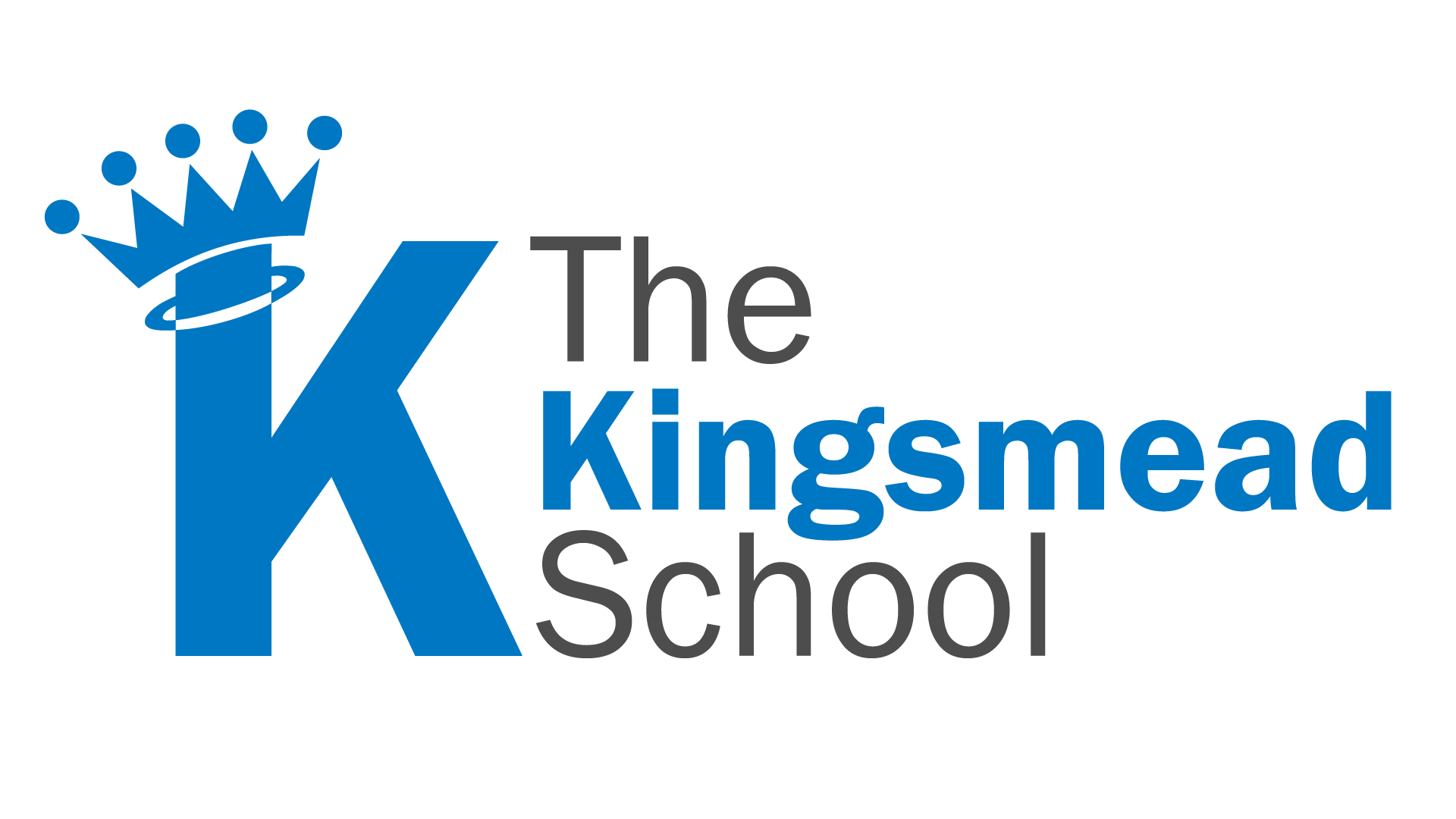British Values
The DFE (2014) has issued guidance about ‘Fundamental British Values’ being taught in schools. The following is an excerpt from that guidance.
Schools should promote the fundamental British values of democracy, the rule of law, individual liberty, and mutual respect and tolerance of those with different faiths and beliefs. This can help schools to demonstrate how they are meeting the requirements of section 78 of the Education Act 2002, in their provision of SMSC (spiritual, moral, social and cultural provision).
The government set out its definition of British values in the 2011 Prevent Strategy. At Newton’s Walk these values are taught through PSHE, Assemblies, R.E, and school systems and through planning and delivering a broad and balanced curriculum.
Democracy:
Pupils will be provided with opportunities to have their voices heard through a variety of Pupil voice activities. They are given opportunities to make decisions about their learning and behaviour e.g. how they will fund-raise for different charities, how they would like to be rewarded and by voting on class and school issues.
Mechanisms are also in place to gather pupil opinions so that they can put forward their views about the school and we can act on their concerns e.g. Anti-bullying Questionnaire, School Ethos Questionnaire. These opportunities have helped our pupils to understand the importance of Democracy and to:
- develop confidence to voice opinions
- develop skills to recognise the views of others
- develop skills of co-operation and conflict resolution
- develop skills in democratic participation
The Rule of Law:
The importance of Laws, whether they are those that govern the class, the school, or the country are reinforced throughout the day.
Pupils are taught the value and reasons behind rules (laws) that they govern and protect us, the responsibilities that this involves and the consequences when laws are broken. Our pupils learn that our school rules are linked to the values of ‘Ready, Respect, Safe’ and are implemented to enable pupils to distinguish between right and wrong and respect laws in England.
Through our Behaviour Policy and visits from authorities such as the Police and Fire Service we enable our pupils to understand the importance of laws. Furthermore, Visits to the council House, discussions about elections and a visit from the Mayor help our pupils to understand about the role of councilors and laws.
Individual Liberty:
Within school, pupils are actively encouraged to make choices, knowing that they are in a safe and supportive environment. As a school we educate and provide boundaries for young pupils to make choices safely. Pupils are encouraged to know, understand and exercise their rights and personal freedoms and advised how to exercise these safely, for example through our E-Safety and PSHE lessons. Pupils are given the freedom to make choices through many opportunities in school, such as how they record their work, learning challenges and how they can keep themselves safe.
Mutual Respect:
We expect all members of the school community treat each other with respect, irrespective of race, faith, gender or disability and pupils learn that their behaviour has an effect on their own rights and those of others.
Part of our school ethos and Behaviour policy has revolved around the Core Value of Respect’ (Ready, Respect, Safe) and pupils have been part of discussions and Assemblies related to what this means and how it is shown. Posters around the school promote respect for others and this is reiterated through our classroom and learning rules.
Tolerance of those of Different Faiths and Beliefs:
This is achieved through enhancing pupils understanding of their place in a culturally diverse society and by giving them opportunities to experience such diversity in our local community. We want all our pupils to acquire an appreciation of and respect for their own and other cultures.
Discussions about prejudices, harmony, bullying, visits to places of worship, R.E stories and celebrations from other faiths and cultures have helped pupils to understand the importance of tolerance.


